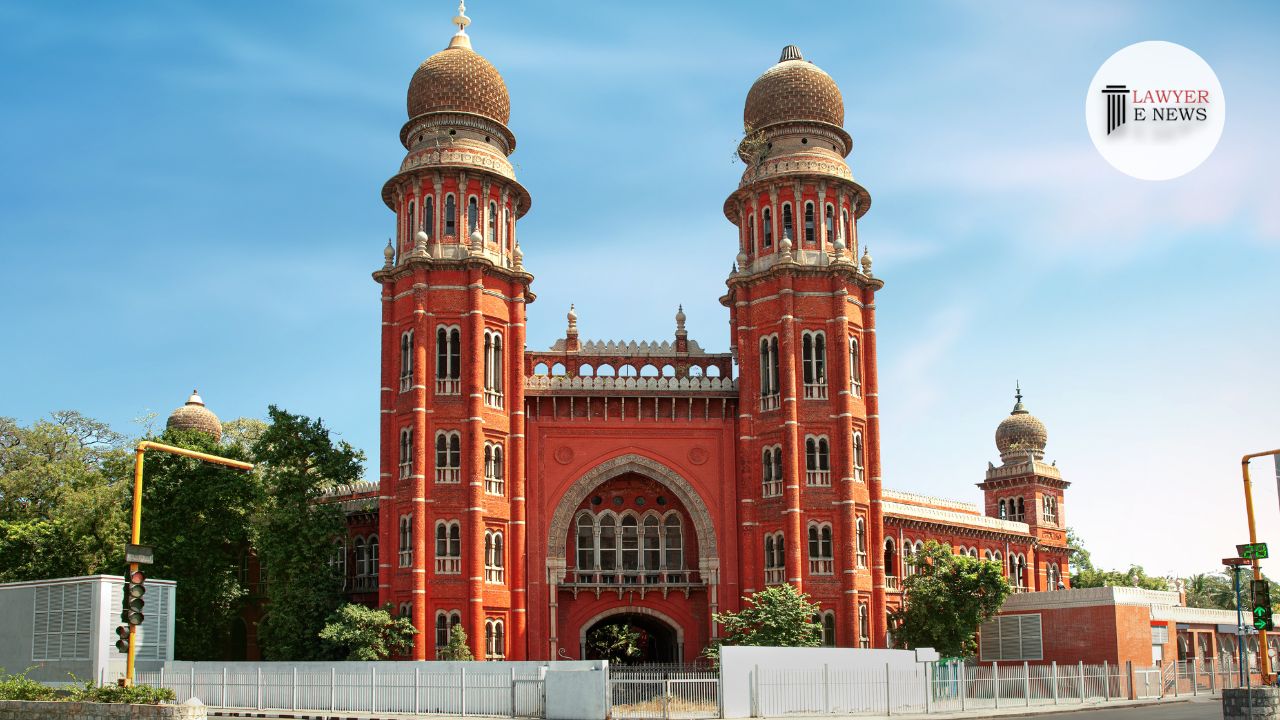-
by sayum
14 February 2026 2:22 PM



The Madras High Court has ruled that the seizure of a driving license without following due process, including providing notice and an opportunity to be heard, is unlawful. The court directed the Regional Transport Officer (RTO) to return the driving license to the petitioner, K. Perumal, who was involved in a fatal accident.
The judgment focused on the procedural requirements under Section 19 of the Motor Vehicles Act, 1988, emphasizing that any action to revoke or suspend a driving license must adhere to the principles of natural justice.
The petitioner, K. Perumal, was involved in a fatal accident on April 6, 2024, while driving a bus, leading to the registration of a case under Section 304(A) of the Indian Penal Code (IPC) for causing death by negligence. Subsequently, the police seized his driving license and handed it to the RTO. Despite repeated requests, the RTO did not return the license, prompting Perumal to file a writ petition under Article 226 of the Constitution for the issuance of a Writ of Mandamus.
The court reiterated the legal necessity for the licensing authority to provide an opportunity to be heard before disqualifying or revoking a driving license. The relevant statutory provision, Section 19 of the Motor Vehicles Act, mandates that reasons must be recorded in writing.
Quoting the court: "The seizure of the license without proper notice and the opportunity to be heard is a violation of statutory procedures and principles of natural justice."
The petitioner referred to a prior judgment in W.P(MD) No. 2111 of 2021, where the court had ruled in a similar context. The court in the present case observed that the seizure of the driving license was not backed by a formal order or notice, aligning with the principles laid down in the earlier judgment.
"In cases like these, the licensing authority must follow the due process as outlined in Section 19 of the Motor Vehicles Act. Any deviation renders the action unlawful," the court noted.
The judgment detailed the powers under Sections 19, 20, 21, and 22 of the Motor Vehicles Act, which govern the disqualification and suspension of driving licenses. The court clarified that Sections 20 and 22 apply to situations involving prior convictions, which were not relevant in the present case.
"The retention of the driving license immediately after the accident without an order in writing and without affording an opportunity of being heard is a clear violation of the statute."
Decision The court allowed the writ petition and directed the RTO to return the driving license to the petitioner immediately. The court underscored that while the authorities have the power to take action under the Motor Vehicles Act, such action must be conducted within the bounds of law and due process.
Date of Decision: 8th May 2024
Perumal v. The Regional Transport Officer & Anr.
